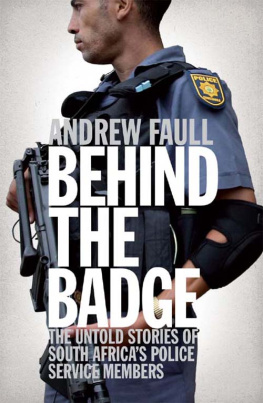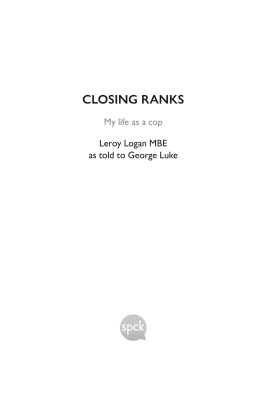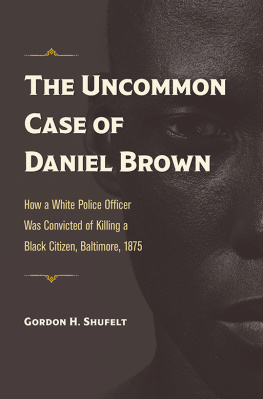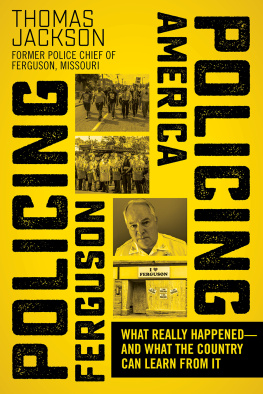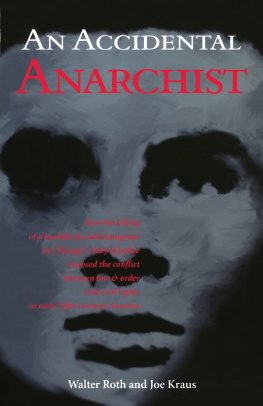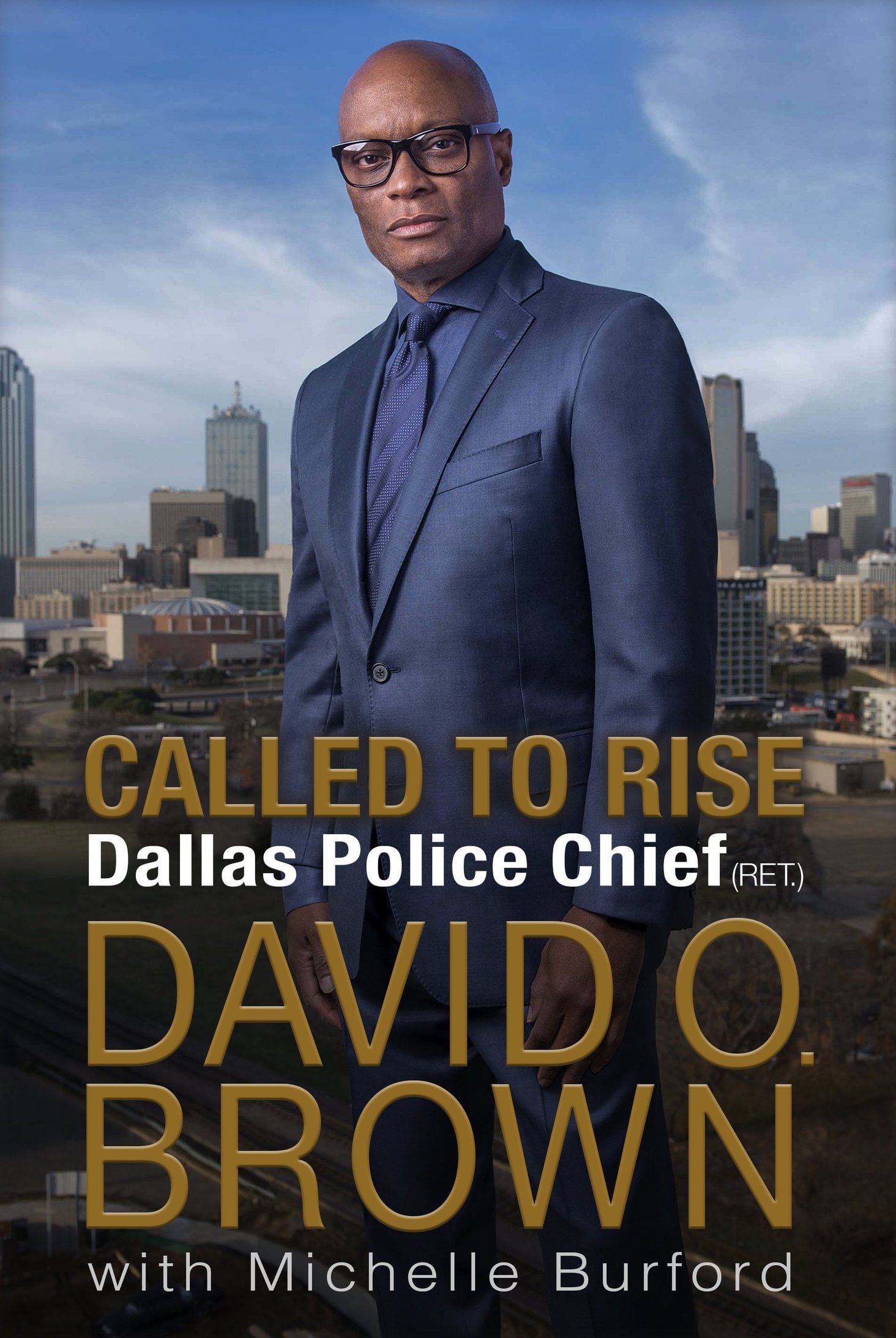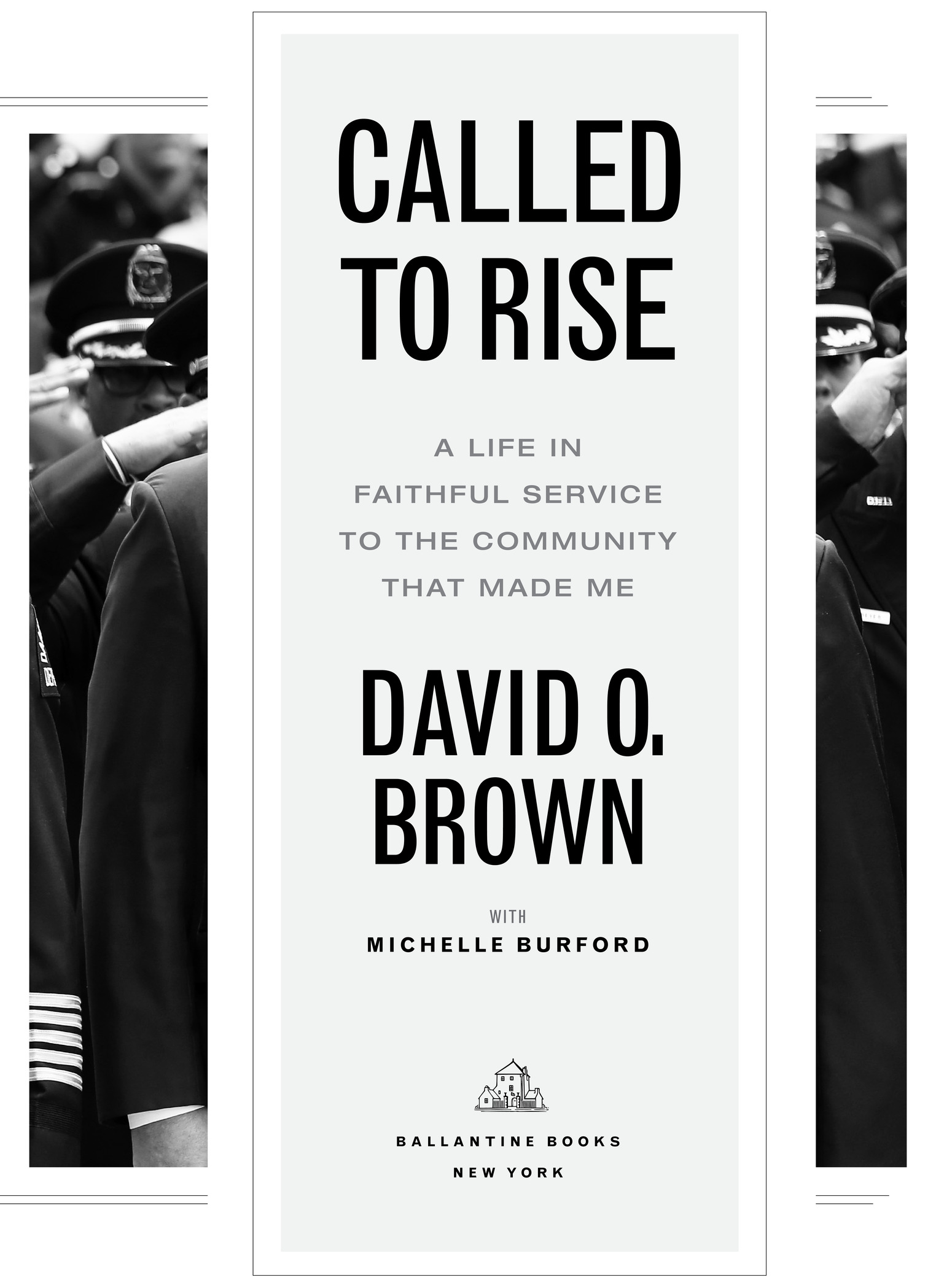This is a work of nonfiction. Some names and identifying details have been changed.
Copyright 2017 by David O. Brown
All rights reserved.
Published in the United States by Ballantine Books, an imprint of Random House, a division of Penguin Random House LLC, New York.
B ALLANTINE and the H OUSE colophon are registered trademarks of Penguin Random House LLC.
Grateful acknowledgment is made to Sony/ATV Music Publishing LLC for permission to reprint an excerpt from As by Stevie Wonder, copyright 1975 Black Bull Music and Jobete Music Co., Inc. All rights administered by Sony/ATV Music Publishing LLC, 424 Church Street, Suite 1200, Nashville, TN 37219. All rights reserved. Used by permission.
CHAPTER 1
THE CALLING
I NEVER SET OUT TO BE a cop. But after returning to my hometown during the summer after my sophomore year of college, I was so terrified by what I witnessed that it awakened in me a potent determination to intervene.
The year was 1982. What was happening in my Dallas neighborhood of Oak Cliff was happening in communities all across the country: A crack epidemic, one more destructive than any drug pandemic before it, was devastating Americas inner cities in particular. Crack, a cheap form of cocaine that dealers turned into a smokable crystallized solid, could be measured out in smaller and more affordable quantities to peddle to the poor. But cokes less expensive derivative had an even stronger power to hold users in its grip. Many who used were often willing to do whatever it took to get their next fixeven steal or kill. Many who sold found themselves engaged in turf wars to protect their sales territory. The homicide rate among black men spiked significantly after crack came on the scene. Gun violence became a way of life, for those engaged in the trade and for residents who lived in close proximity to drug houses. Before Id left my hometown to enroll at the University of Texas at Austin, I didnt know a single person whod been killed. But that summer two years later, a kid on my block was fatally shot in the cross fire of a deal gone sour.
Even after I returned to college that fall to begin my junior year, my head and heart stayed back in Oak Cliff. All semester Id call home frequently to check on my beloved mother and my younger brother, Kelvin, who was living with her. Every morning and evening in the dark, amid this Armageddon, my mother had to navigate her way to the bus stop for work. I feared so deeply for her that Id often awaken in the middle of night and be unable to get back to sleep. I couldnt concentrate on my course work. Pay close attention to your surroundings. She responded the way she had for all my childhood. Im just trusting in the Lord, she said. He will protect me. Though I prayed she was right, I felt Him calling me to do something.
For me, that desire was intensely personal. Oak Cliff was the community that had made me. Its where Id shot hoops and formed lifelong friends, the place where Id found my feet and became grounded in my faith. Its where three generations of my family had lived and worked and hoped for better, where my mother had reared three sons on only a secretarys salary and a prayer. I couldnt just stand by and watch my family in danger and my hometown destroyed. I had to step up. The way I saw it, the fools who were selling crack in the very neighborhood that had produced us needed to be locked away. They were killing us. Though I soldiered on through my course work, Id already made a decision: I would leave school and join the Dallas Police Department.
The plague of crack was the main reason I decided to join the force, but there was something else pulling me back to Dallas and into a life of adult responsibility. During my freshman year, Id started seriously dating a girl Id met in high school, and in 1982, we got married. A few months later I discovered we were expecting. So the following spring, once my junior year was complete, we moved back to Oak Cliff and rented a small apartment.
Did it bother me to leave college with one year to go? It did. I had this nagging sense of a task undone, a goal not met. Id seen higher education as a passageway out of poverty, a chance for me to make something of myself. In pursuit of that goal, Id invested countless hours in the library, poring over my textbooks. Id worked constantly to keep my grades up so I could earn a scholarship. And once Id enrolled in the university, Id flourished academically and socially and formed a new circle of friends. By walking away, Id be sacrificing all of that, and though it was for a cause I felt I couldnt deny, I still wished I could complete my studies. So I put a plan in place: If I was accepted onto the force, I would transfer to a school in the University of Texas system in Dallas and continue my course work on the side.
In June 1983, my precious son, David Junioror D.J., as I affectionately call himwas born. His tiny body nearly fit in my cupped palms. From the moment I first held him, my desire was to give him everything I didnt have as a child, as well as to pass on the strong wisdom and faith my family had instilled in me. Even before I cradled him for the first time, with my Afro as full and thick as the Dallas humidity, I loved him unconditionally. Becoming a parent has the ability to alter the very way you love, and so it did for me. I cherished my son not because of anything he would ever be able to offer to me but simply because he existed. Nothing he could do would change that. On the day he was born, I put on the mantle of fatherhood, shoulders lifted and heart full, ready to nurture and protect and, above all else, provide. That is what being a good father meant to meproviding.
As I settled into a routine of diaper changing and bottle feeding, I made plans to apply to the force. My own father didnt like the idea. Why do you want to be a cop? he asked me. There are so many great things you could do with your life. Cops mistreat people in the community.
I understood my dads perspective. Hed come of age at a time when police officers had been the ones to enforce the indignities of segregation; that experience had not only scarred him, it had shaped his worldview. It was only out of concern for me that he voiced his dissent. Im sure my mother was just as worried, but she didnt try to dissuade me. You just be careful, son, is all she told me. She could probably sense that I was immovable in my resolve.
On a clear morning that July, I left my one-month-old son at home and departed for the municipal building at 106 South Harwood Street, the old police headquarters where Lee Harvey Oswald had been arrested and jailed after he assassinated President John F. Kennedy. There, on the fourth floor, I asked for an application. The secretary, a black woman in her late thirties, looked me up and down. You arent likely to be hired, she told me. I suspected she said that because I still looked and acted like the inner-city kid I was proud to be, but I didnt care what she thought. Im going to be a police officer, I snapped back. She handed me the form. I stood there and filled it out and returned it to her the second I was finished. I left the building that day certain of only one thing: I wouldnt take no for an answer.


